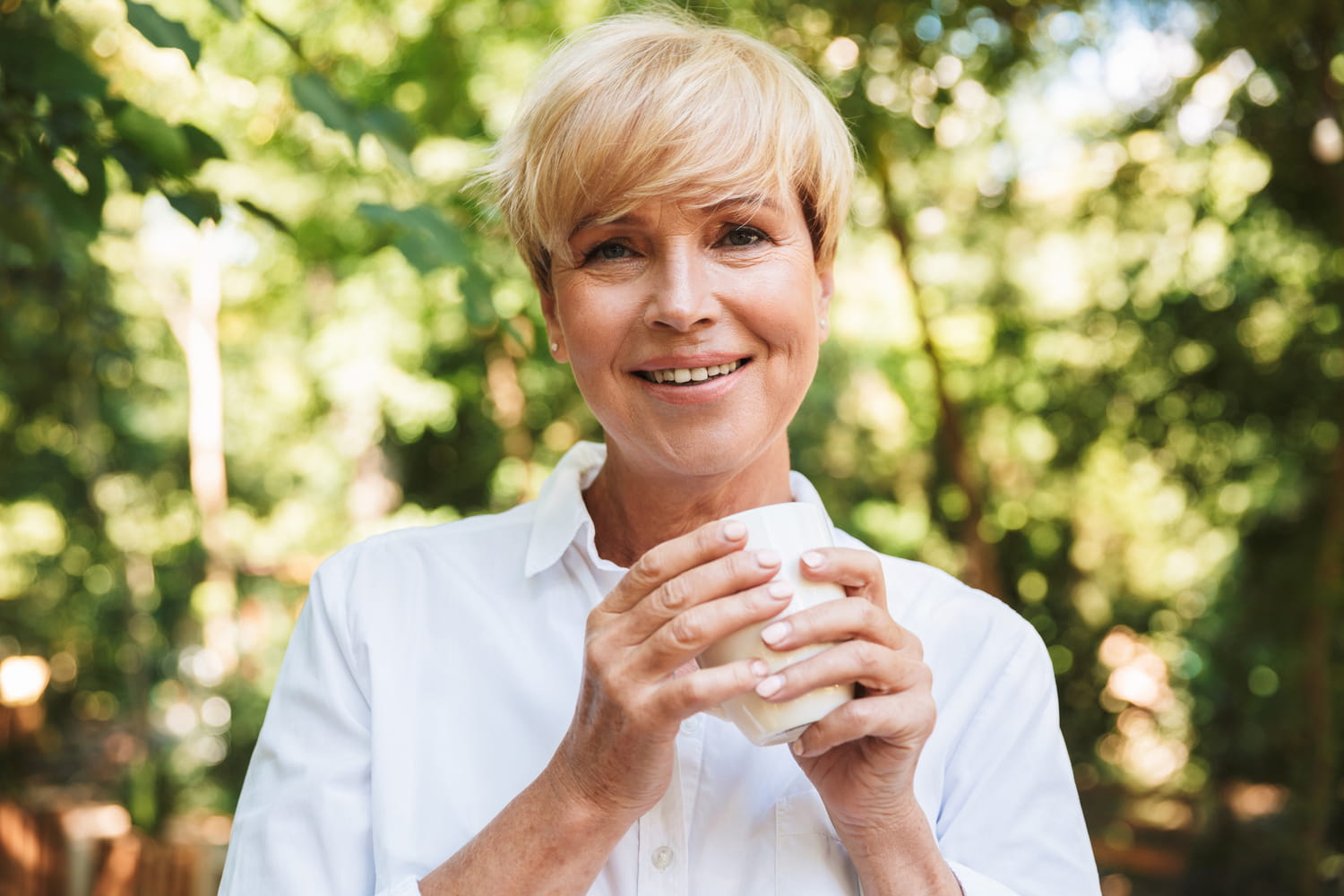In addition it is easy to cook.
As the years pass, mount a staircase, carry your bags or keep your balance can become more difficult. But it is not inevitable. Certain eating habits can help maintain strength and vitality. “With age, we want to cook less, especially if we are alone, and we often prefer sweet”observes Dr Isabelle de Vaugelas, dietician-nutritionist. She recalls that adding certain foods to our daily plates is the key to successful aging.
These foods contain macromolecules essential to our body. Present in muscles, skin, immune system and even the brain, they contribute to cell reconstruction and the maintenance of physical strength. Their synthesis, “necessary for our physiology, from our food, is less effective” After 60 years, explains the specialist. This natural phenomenon increases nutritional needs, and without sufficient contribution, the consequences are heavy: “Failure of muscle mass and risk of associated falls, chronic diseases”recognized factors of dependence and fragility in seniors. Beyond muscle maintenance, these compounds are also “Based on the manufacture of our antibodies, therefore our immune defense system”she recalls. They play a key role in cognitive functions: “All neuromediators (neurotransmitters) are proteins”. The alert signs of a deficit are “Fatigue, lack of strength, balance disorders”.
These essential macromolecules are none other than proteins. After 60 years, “The needs are increased from 1 to 1.2 g/kg of weight compared to 0.83 g/kg of body weight in adults”details the specialist. For a man of average weight, this corresponds to around 90 g per day, for a woman, 75 g. The most effective source, recommended by the specialist, is in “Eggs, not expensive and very easy to find everywhere” : An egg brings about 6 g of protein. She also quotes “Poultry (chicken, turkey) often sold in individual net”And “The canned fish like sardines and mackerels, rich in omega 3 more, excellent for the elderly” : a box of sardines provides around 25 g. Legumes and hull fruits also offer interesting vegetable proteins, all the more effective when associated with cereals.
Including protein sources with each main meal is therefore crucial to preserve muscle mass and reduce the risk of falls. The ideal is to distribute these contributions throughout the day rather than focusing on a single meal. Concretely: a hard snack egg, sardines on toast to a snack, or a handful of nuts in the yogurt.
Thank you to Dr Isabelle de Vaugelas, doctor in pharmacy, dietician-nutritionist and specialized in health and micronutrition food with the Valbiotis laboratory.








